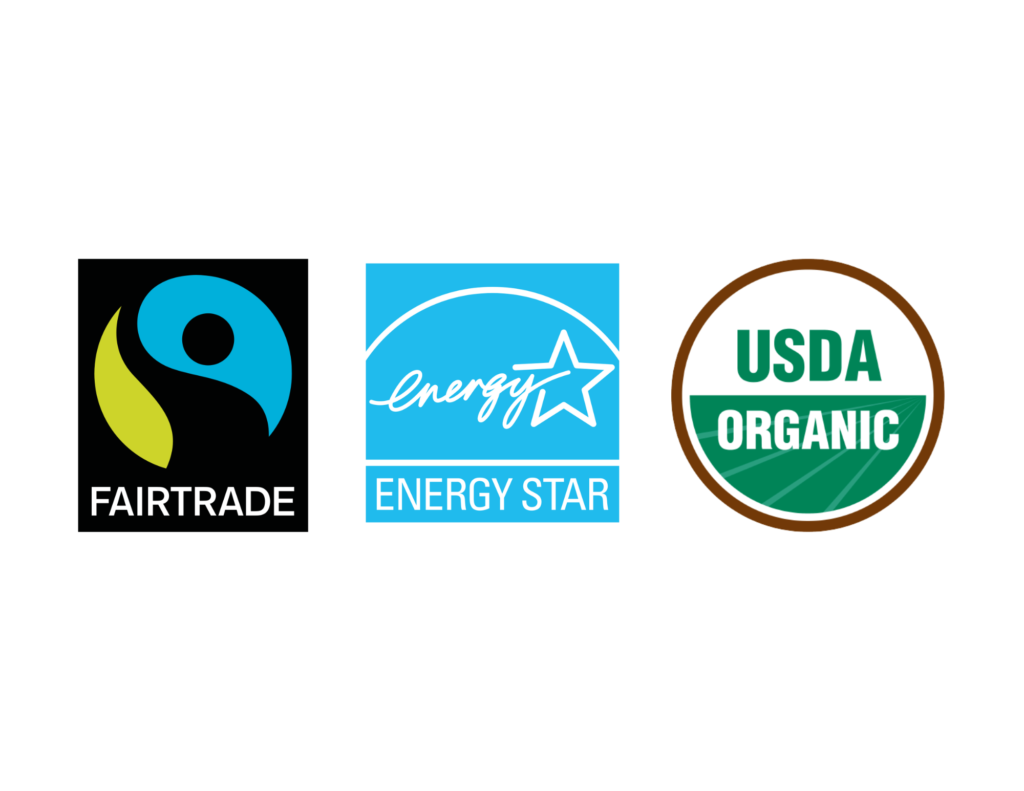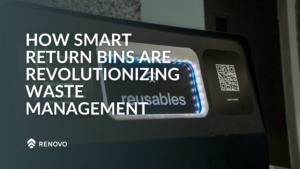Examples and Insights
As a leader in the sustainability marketing space for sustainable companies in Vancouver, we understand the unique challenges and opportunities that come with promoting eco-friendly businesses. Come join us in the world of green marketing. Keep reading to learn more with clear explanations and real-world examples to help you demystify this essential aspect of sustainable business practices.
What is Green Marketing?
Green marketing refers to the practice of developing and promoting products or services based on their environmental benefits. This can involve everything from using eco-friendly materials and sustainable production processes to supporting environmental causes and reducing a company’s carbon footprint.
Key Components of Green Marketing:
1. Eco-friendly products: Items made from sustainable, non-toxic, and recyclable materials.
2. Sustainable practices: Business operations that minimize environmental impact.
3. Transparent communication: Honest and clear messaging about sustainability efforts.
4. Community involvement: Engaging with and supporting local environmental initiatives.
Why is Green Marketing Important?
Green marketing is crucial for several reasons:
- Consumer demand: Increasingly, consumers are looking for products that align with their values, particularly those related to environmental sustainability.
- Brand differentiation: Companies that successfully implement green marketing can stand out in a crowded marketplace.
- Regulatory compliance: Governments are implementing stricter environmental regulations, and being proactive can help businesses stay ahead of the curve.
- Long-term profitability: Sustainable practices often lead to cost savings and can ensure the longevity of resources that businesses depend on.
Examples of Green Marketing
1. LUSH Cosmetics
LUSH Cosmetics is known for its commitment to sustainability. They use fresh, organic ingredients, minimal packaging, and offer a recycling program for their containers. LUSH’s “Naked” line of products, which eliminates packaging altogether, is a standout example of green marketing in action. By promoting these products, LUSH communicates its dedication to reducing waste and protecting the environment.
2. Seventh Generation
Seventh Generation specializes in household products that are environmentally friendly. They use plant-based ingredients and recyclable packaging and are transparent about the sourcing and sustainability of their materials. Their marketing emphasizes their commitment to reducing chemical use and protecting the environment, resonating well with eco-conscious consumers.
3. IKEA
IKEA has made significant strides in sustainability by focusing on renewable energy and resource efficiency. They have launched products made from sustainable materials, like their KUNGSBACKA kitchen fronts, made from recycled wood and PET bottles. IKEA also promotes their take-back and recycling programs, encouraging customers to recycle old furniture. This holistic approach to sustainability is central to their marketing efforts.
4. Patagonia
Outdoor clothing brand Patagonia has long been a pioneer in sustainability. Their “Don’t Buy This Jacket” campaign encouraged customers to think about the environmental impact of their purchases and only buy what they truly need. Patagonia also donates a portion of their profits to environmental causes and is transparent about their supply chain practices, which bolsters their reputation as a responsible company.
How to Implement Green Marketing for Your Business
1. Assess Your Impact
Start by evaluating the environmental impact of your business. This includes analyzing your supply chain, production processes, and product materials. Identify areas where you can make improvements, such as reducing waste, using sustainable materials, or switching to renewable energy sources.
2. Develop Sustainable Products
Invest in creating products that are environmentally friendly. This could mean using recycled materials, designing for durability, or ensuring products are recyclable at the end of their life cycle.
3. Transparent Communication
Be honest and clear about your sustainability efforts. Avoid greenwashing (making false or exaggerated claims about environmental benefits) and provide evidence to back up your claims. Transparency builds trust with consumers and enhances your brand’s credibility.
We can guide you, develop impactful strategies, and implement effective plans!
4. Engage Your Community
Get involved in local environmental initiatives and encourage your customers to do the same. This could involve organizing clean-up events, supporting local environmental nonprofits, or launching campaigns that promote sustainable practices.
5. Certifications and Labels
Obtain certifications from recognized organizations to validate your sustainability claims. Labels like Fair Trade, USDA Organic, and Energy Star can provide assurance to consumers that your products meet certain environmental standards.

Green marketing is more than just a trend; it’s a powerful strategy that aligns business success with environmental responsibility. By understanding its key components and learning from successful examples, your business can leverage green marketing to attract eco-conscious consumers, differentiate your brand, and contribute positively to the planet.
At Renovo Creative, we are passionate about helping sustainable companies in Vancouver and beyond tell their stories and make a lasting impact. If you’re ready to take your green marketing efforts to the next level, contact us today and let’s work together to create a brighter, more sustainable future.
Feel free to reach out if you have any questions or need further insights on green marketing.
Let’s go green together!






